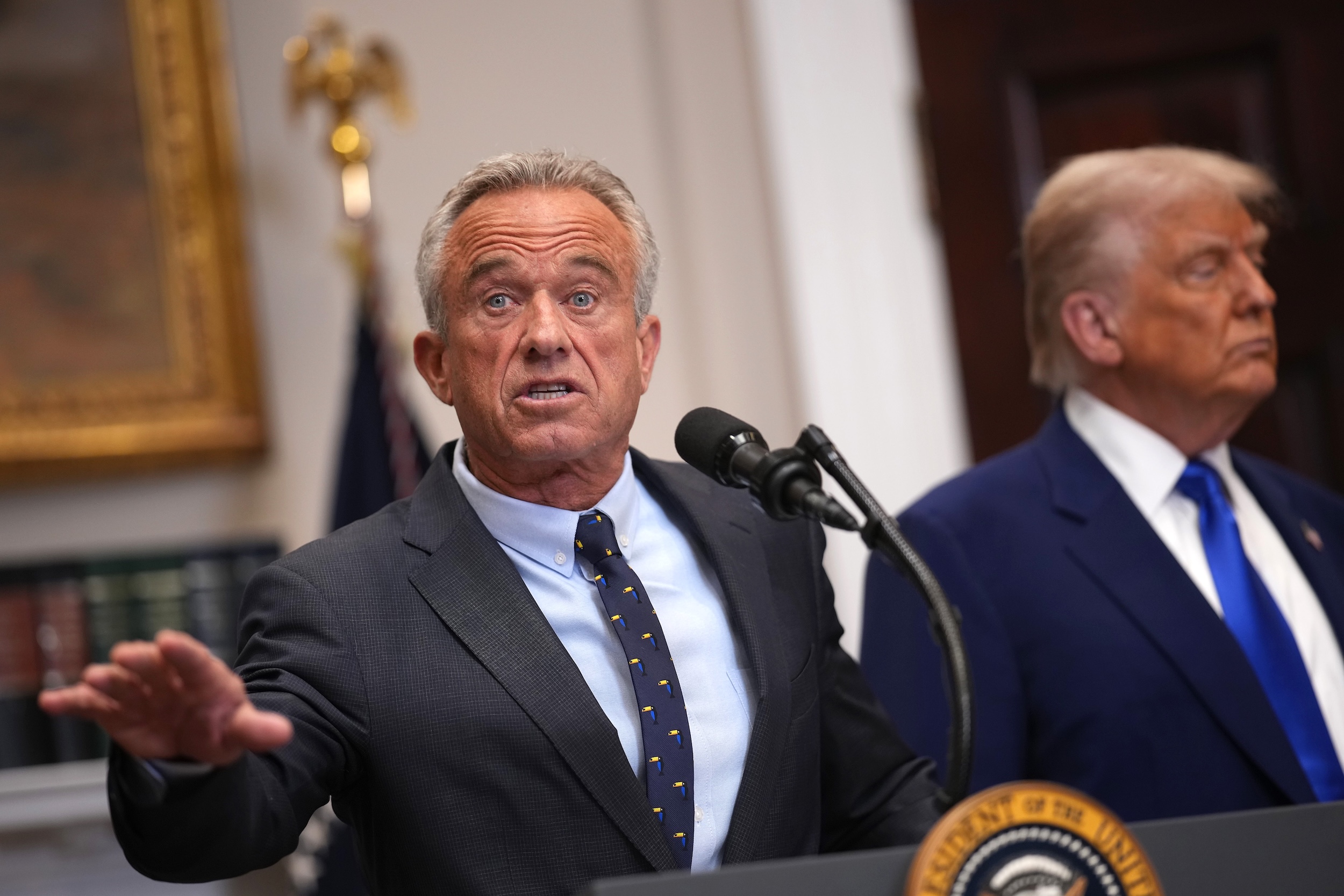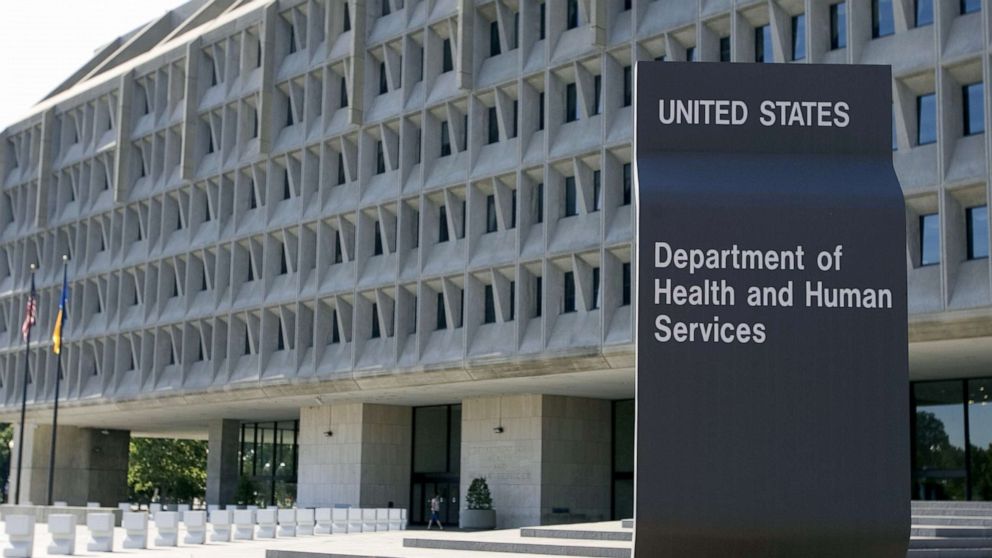Is Holistic Wellness Shaping US Public Health? Casey Means' Nomination Sparks Debate

The nomination of Casey Means, known for her advocacy of holistic health and her substantial following on social media, has sent ripples through the medical community. While proponents highlight her focus on preventative care and patient empowerment, critics express concerns about her lack of traditional medical training and her promotion of practices that lack robust scientific backing. The Surgeon General plays a crucial role in advising the President and the public on matters of public health, and this appointment raises questions about the direction of national health policy.
Holistic health emphasizes a whole-person approach, considering physical, mental, and emotional well-being. It often incorporates alternative therapies like acupuncture, herbal medicine, and mindfulness practices alongside conventional medical treatments. There's undeniable appeal to this perspective, particularly as individuals seek greater control over their health and explore options beyond traditional pharmaceuticals. However, the efficacy of many holistic practices remains unproven, and some can even be harmful if not approached cautiously and under qualified guidance.
Evidence-based medicine relies on rigorous scientific research and clinical trials to determine the effectiveness of medical treatments. It’s the cornerstone of modern healthcare and ensures that patients receive the best possible care based on verifiable data. The Surgeon General's office has historically championed evidence-based practices, advocating for policies and initiatives grounded in scientific findings. A shift towards prioritizing holistic approaches without sufficient scientific validation could undermine this commitment and potentially jeopardize public health.
The debate isn’t necessarily about rejecting holistic health outright. Many integrative medicine practitioners successfully combine conventional treatments with complementary therapies that have demonstrated benefits. The key lies in ensuring that all interventions are evaluated through scientific scrutiny and that patients are fully informed about the potential risks and benefits. The Surgeon General should be a voice for sound science, guiding public health decisions based on the best available evidence, regardless of whether it aligns with popular trends or alternative philosophies.
Casey Means' nomination has sparked a vital conversation about the role of holistic health in public policy. It underscores the need for a nuanced approach that respects individual preferences while upholding the principles of evidence-based medicine. The public deserves a Surgeon General who can navigate this complex landscape, promoting both preventative care and scientifically validated treatments, ultimately safeguarding the health and well-being of all Americans. The confirmation process will be crucial in determining whether this appointment will strengthen or compromise the integrity of the nation's public health infrastructure.






